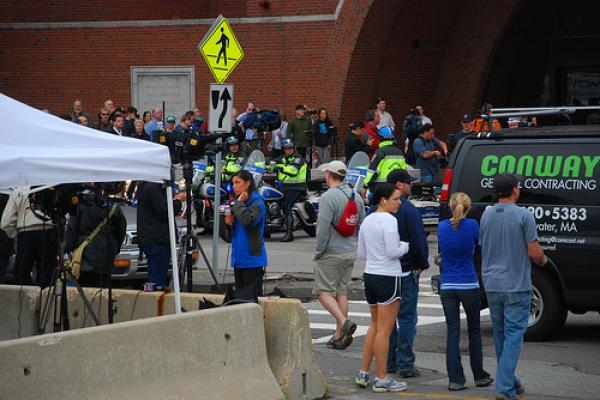“Family and friends come first,” the witness said in court. “My father always taught me that. The priests and the nuns I grew up with taught me that. They taught me that Judas – Judas was the worst person in the world.” If you have not been following the Boston trial of Whitey Bulger, you might easily imagine that this quote was taken from divorce court, maybe a custody trial. The witness might be trying to paint his spouse as an adulterer, a Judas if you will, in order to bolster his or her claim to a bigger share of the settlement.
It’s not a bad strategy. No one likes a snitch, and many of us know from experience that betrayal is a rotten thing to endure. In hurt and anger we may even have condemned our betrayer as a Judas, if only under our breath. But what if I told you that the witness was a convicted murderer, a mob hit man from the Boston underworld, who was using the Judas analogy to justify his actions? In the 1970s and ‘80s, John Martorano killed 20 people – to his mind, Judases – for “noble purposes:” to protect family and friends from being hurt or double-crossed. He claims never to have enjoyed killing, not like a mass murderer. “I didn’t like risking my life,” he explained under oath, “but I thought if the reason was right, I’d try.”
Yikes.
Read the Full Article

